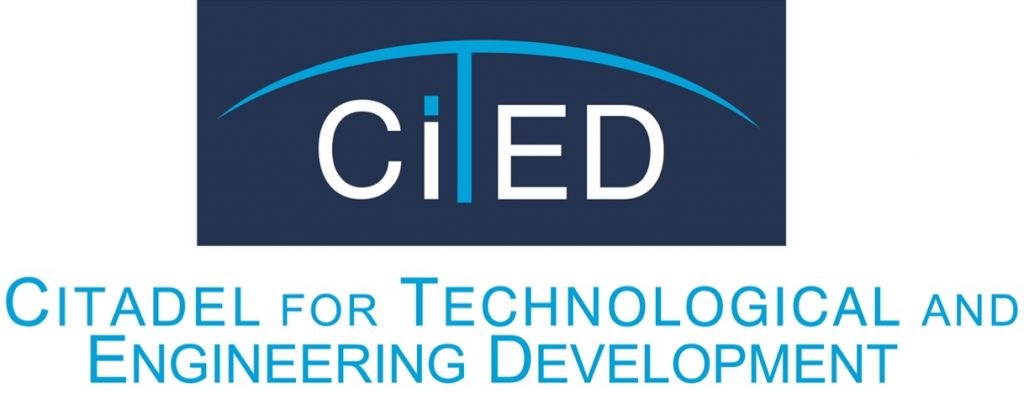This 3-day intensive training program is designed to equip maintenance professionals with advanced troubleshooting techniques to efficiently diagnose and resolve complex equipment failures.

Advanced Troubleshooting Techniques for Maintenance Professionals
Course Introduction
Overview: This 3-day intensive training program is designed to equip maintenance professionals with advanced troubleshooting techniques to efficiently diagnose and resolve complex equipment failures. The course will delve into a wide range of troubleshooting methodologies, problem-solving strategies, and root cause analysis techniques. Through a combination of theoretical lectures, interactive discussions, and hands-on simulations, participants will gain the skills necessary to minimize downtime, optimize maintenance efforts, and improve overall equipment reliability.
Key Focus Areas:
- Root Cause Analysis
- Predictive Maintenance Techniques
- Fault Tree Analysis
- Problem-Solving Strategies
- Advanced Diagnostic Tools and Techniques
Target Audience:
This course is tailored for maintenance technicians, engineers, supervisors, and other professionals involved in maintaining industrial equipment and systems. Participants with a basic understanding of maintenance principles will benefit from the advanced troubleshooting techniques covered in this course.
About the Course:
This course will cover a wide range of topics, from the fundamentals of troubleshooting to advanced problem-solving methodologies. Participants will learn how to effectively identify and analyze equipment failures, determine root causes, and implement corrective actions. They will also gain hands-on experience in using advanced diagnostic tools and techniques to troubleshoot complex issues.
Course Objectives:
Upon completion of this course, participants will be able to:
- Apply advanced troubleshooting techniques to diagnose equipment failures.
- Conduct effective root cause analysis to identify the underlying causes of problems.
- Utilize predictive maintenance techniques to prevent equipment failures.
- Implement problem-solving strategies to resolve complex issues efficiently.
- Use advanced diagnostic tools and techniques to troubleshoot equipment problems.
- Improve equipment reliability and reduce downtime.
Course Outline
Day 1: Root Cause Analysis and Problem-Solving Techniques
- Morning Session:
- Introduction to root cause analysis
- 5 Whys and other root cause analysis techniques
- Problem-solving methodologies (e.g., 8D, Six Sigma)
- Afternoon Session:
- Hands-on exercise: Root cause analysis case study
- Interactive workshop: Problem-solving techniques
Day 2: Predictive Maintenance and Fault Tree Analysis
- Morning Session:
- Principles of predictive maintenance
- Vibration analysis and infrared thermography
- Oil analysis and other predictive maintenance techniques
- Afternoon Session:
- Fault tree analysis techniques
- Risk assessment and prioritization
Day 3: Advanced Diagnostic Tools and Techniques
- Morning Session:
- Advanced diagnostic tools (e.g., oscilloscopes, data loggers)
- Electrical troubleshooting techniques
- Hydraulic and pneumatic system troubleshooting
- Afternoon Session:
- Hands-on simulation: Troubleshooting complex equipment failures
- Interactive discussion: Best practices for troubleshooting
Course Outcomes:
By the end of this course, participants will have a deep understanding of advanced troubleshooting techniques and their practical applications. They will be able to:
- Efficiently diagnose and resolve complex equipment failures.
- Implement effective root cause analysis to prevent recurring problems.
- Utilize predictive maintenance techniques to optimize equipment reliability.
- Apply problem-solving strategies to address challenging maintenance issues.
- Use advanced diagnostic tools and techniques to troubleshoot equipment problems.
- Improve overall equipment performance and reduce maintenance costs.
Conclusion:
This intensive 3-day training program offers a unique opportunity to enhance your troubleshooting skills and become a more effective maintenance professional. By attending this course, you will gain the knowledge and practical experience necessary to excel in today’s demanding maintenance environment.

